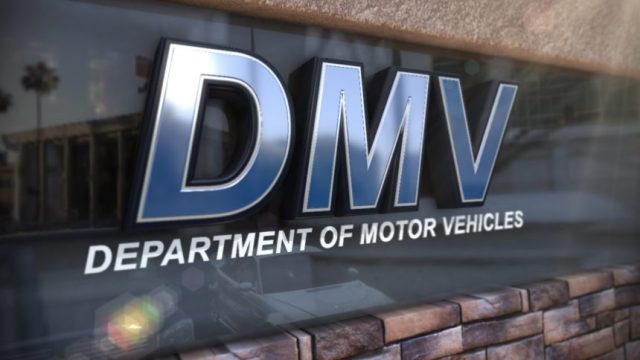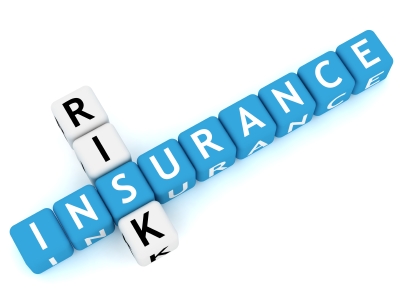![]() Releasing Car Insurance Liability Information After an Accident: What You Need to Know. Facing a situation where you’ve been in a car accident and it was your fault? It’s natural to have questions about sharing your car insurance liability information. This especially when the other party involved has claimed bodily injuries and hired an attorney.
Releasing Car Insurance Liability Information After an Accident: What You Need to Know. Facing a situation where you’ve been in a car accident and it was your fault? It’s natural to have questions about sharing your car insurance liability information. This especially when the other party involved has claimed bodily injuries and hired an attorney.
Releasing Car Insurance Liability Information
In this case, the attorney is John Doe. Now, your insurance company is asking if you should provide your insurance liability information to her lawyer. Wondering what to do? Read on for valuable insights.
If you’ve been involved in a car accident where you are at fault, and the other party is claiming bodily injuries and has hired an attorney, here are some steps you can consider taking:
Contact Your Insurance Company:
The first thing you should do is contact your car insurance company immediately to report the accident. They will guide you through the claims process and provide you with advice on how to handle the situation.
Cooperate with Your Insurance Company:
Work closely with your insurance company to provide all necessary information about the accident, including the other party’s claims and their attorney’s contact information. Likewise also see navigating car insurance as well as
Consult Your Insurance Adjuster:
Firstly your insurance company will assign an adjuster to your case. Discuss the situation with them and follow their guidance on whether to release your insurance liability information to the other party’s attorney. Likewise also see the auto insurance quote accidents article on here.
Consider Legal Counsel:
If you have concerns about the situation or need legal advice, you may want to consult with an attorney of your own. They can help protect your interests and ensure you are not taken advantage of during the claims process.
Review Your Policy:
Familiarize yourself with your insurance policy to understand your coverage limits and what it includes regarding liability, medical payments, and legal representation. This will help you make informed decisions.
Document the Accident:
Firstly gather all relevant information. In addition, including photos of the accident scene, any injuries sustained, and the damage to both vehicles. This documentation can be crucial in assessing the validity of the other party’s claims.
Be Cautious with Communication:
Likewise be careful about what you say to the other party or their attorney. Avoid making statements that could be interpreted as admissions of fault. Stick to the facts when discussing the accident.
Follow Legal Requirements:
Note that you must ensure that you comply with any legal requirements in your state regarding reporting accidents and providing insurance information. Failure to do so could have legal consequences.
Ultimately, the specific actions you should take may vary depending on the details of the accident, your insurance policy, and the laws in your state. It’s crucial to follow the guidance of your insurance company and, if necessary, consult with an attorney to protect your interests and navigate the situation appropriately. Lastly also see the commercial auto insurance as well as how to cancel Geico insurance online.



